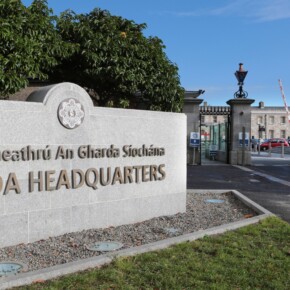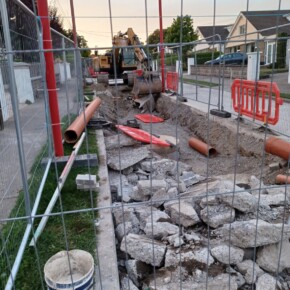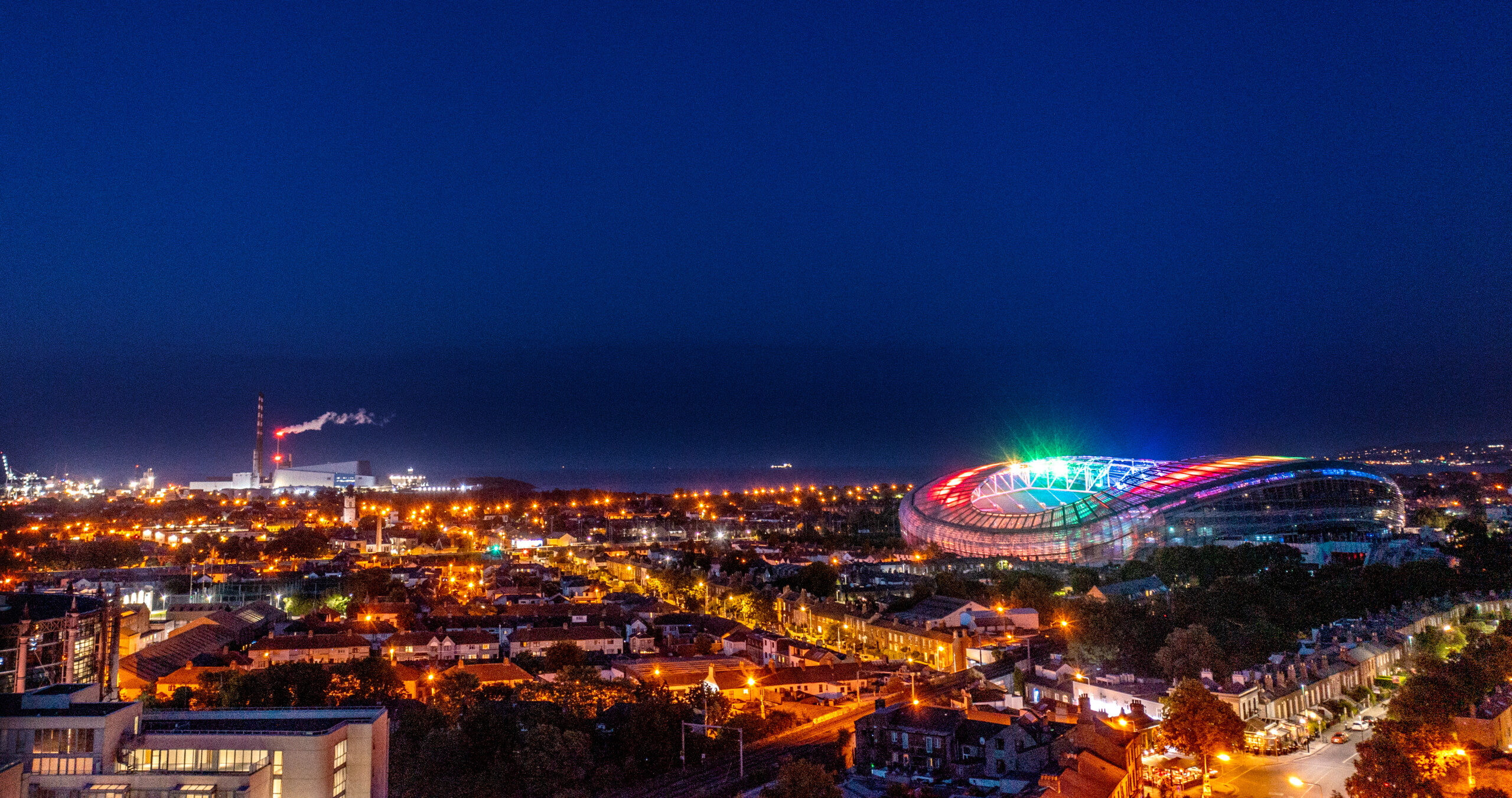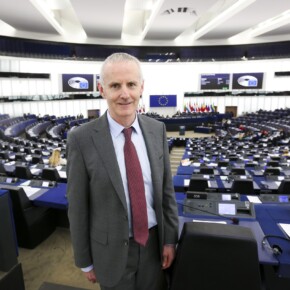Artane-Whitehall shaping up for titanic election battle
Mike Finnerty 03 Jan 2024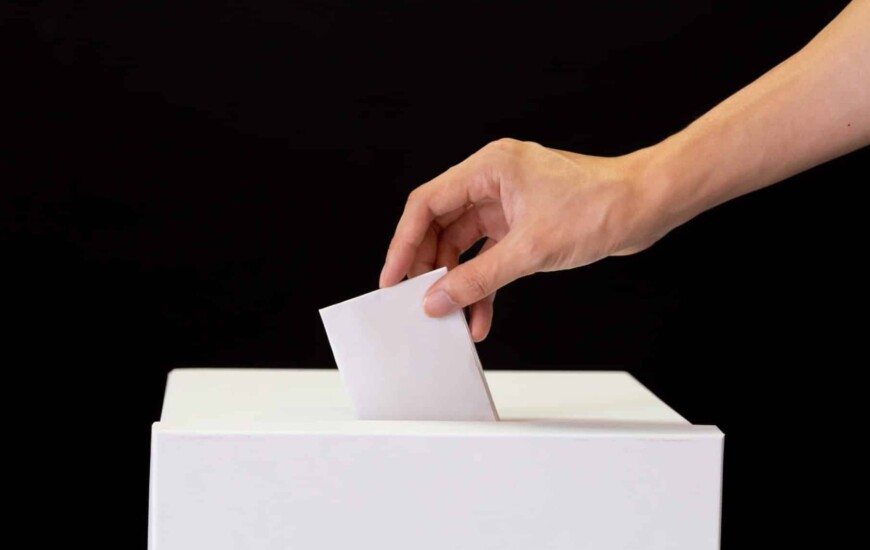
Nearly 600 spoilt ballots were cast in Artane-Whitehall in 2019.
The reasons for a spoilt ballot are varied; sometimes people make a hames of their ballot, some draw a lifelike depiction of Groucho Marx in lieu of voting for a candidate while some simply want to express displeasure with the electoral process.
If spoilt ballots were a candidate in Artane-Whitehall in 2019, it would have gotten 4.4% of first preferences on a turnout of 39.3%.
We bring up this exercise in democratic expression because the last election race here was incredibly tight; the winners in 2019 won by very tight margins and transfers were instrumental in getting 4 of the 6 candidates elected.
The Social Democrats topped the poll in Artane-Whitehall last time out with 15% of first preferences, an impressive feat in a constituency that elects 6 candidates.
The winning candidate, Patricia Roe, will not be running again in June but the party has opted to run 2 new candidates instead.
Aishling Silke and Jesslyn Henry will line out for the purple side in June, and have received Roe’s backing.
Roe stated in January that Silke and Henry, should they be elected, will “promote social democratic values in the council chamber.”
4 of the 6 incumbent councillors from Artane-Whitehall are from non-Government parties, and it is likely this trend will continue in June.
Of the major opposition parties, Sinn Féin are looking to take advantage of supposed apathy with Government parties by running 4 candidates in Artane-Whitehall.
Sinn Féin are running 29 candidates overall in their bid to become the largest part on Dublin City Council, and similar to Cabra-Glasnevin, the party appears to be betting the house on boosting their numbers in 6 or 7-seater constituencies.
Fine Gael, for comparison, are running 16 candidates, while Fianna Fáil are running 17.
Artane-Whitehall constituency is the old haunt of Denise Mitchell, who first came to prominence following her election as a Councillor for the ward in 2014.
Her subsequent Dáil election in 2016 (and her strong 2020 election which saw her take 29.8% of first preferences) ensures that the candidates will have a strong well of voters to draw from as well as the party infrastructure that goes with it.
Veteran Larry O’Toole will look to secure his 6th term on Dublin City Council, and will have 2019 candidate Edel Moran rowing in behind him.
Moran was less than 200 votes away from taking a seat last time, and new candidates Olive Sloan and Josh Morgan will hope to seek election.
The key to Sinn Féin’s success will be drilling a cohesive vote transfer strategy into the minds of voters.
A best-case scenario for the party based on current polling indicates the party would be happy to get 2 elected, but a great day for them would be getting 3 elected.
Where Sinn Féin’s transfers go after the fact what will shape the overall race.
In terms of Government parties, Fianna Fáil have the best shot of getting 2 candidates elected.
There is little question of Racheal Batten getting re-elected, but the million euro question for the party is whether her running mate, Aoibheann Mahon, will get elected alongside her.
Fianna Fáil nearly got 2 candidates elected in 2019, with the incumbent Sean Paul Mahon dramatically losing out on transfers to John Lyons of the Independent Left.
Fianna Fáil got 19% of first preferences between their candidates in 2019 which is normally a brilliant result in a 6-seater constituency, but it wasn’t enough on the day; the party will look to avenge that defeat in June.
Fine Gael will most likely retain the seat of the incumbent Declan Flanagan, who has been representing the constituency ever since his co-option in 2007.
Flanagan’s strong and consistent personal vote is reason enough for Fine Gael to bring in a 2nd candidate in the form of Linkwinstar Mattathil Mathew.
Of the remaining Government parties, the Greens will throw their hat into the ring in the form of Derbahil Butler.
The Donaghmede Councillor has been drafted in for June’s race, but considering the Greens didn’t run here in 2019 it would be merely guesswork to figure out how the Greens get in Artane-Whitehall.
Former Lord Mayor of Dublin Allison Gilliland announced at the start of the year that she would be seeking re-election, but Labour have every reason to believe they can hold onto her seat.
Local area representative John Nisbet will be running for the red team.
Gilliland took nearly 10% of the vote last time, so the building blocks are there for Labour to retain the seat.
From a top-down level, it appears this constituency is more generous to progressive candidates than it is Government party candidates, and that should be a boost to Labour’s chances.
If Labour can hold off other progressive parties, it will give them a lot to shout about.
As we mentioned, transfers will do an awful lot to determine the outcome of the race.
If Labour can get roughly the same amount of first preferences as last time and the Sinn Féin machine isn’t as strong as thought, it could be a gift for the party.
The wildcard, as far as Labour is concerned, is the appearance of Independent Left’s John Lyons on the ballot.
As the name implies, Lyons will look to appeal to voters who want a left-wing voice on Dublin City Council but don’t necessarily trust the existing establishment parties.
Lyons has been vocal in his opposition to wars in Ukraine and Gaza during his tenure on Dublin City Council, and his reputation in the area will be what voters of a left-leaning persuasion will look for in June.
In terms of first preferences, Lyons was just 30 votes away from overtaking Gilliland and Flanagan in terms of first preferences; pulling 10% in first preferences is no joke so Lyons is in with a fighting chance of keeping his seat.
On the other end of the spectrum, Artane-Whitehall will see 4 anti-immigration candidates on the ballot.
2 candidates from the newly formed The Irish People party, who campaign on anti-immigration, and 2 independent candidates who are staunchly anti-immigration.
June will be an interesting test for these parties; in recent weeks, we have seen the major three parties all attempt to co-opt some of their language or policy in a bid to stop voters from bolting to the likes of these fringe parties with no elected representation.
4 of these candidates running in a 6-seater creates the risk of seriously diluting the vote, even with proportional representation in play, but candidates of this ilk may use Artane-Whitehall as a proving ground for future electoral outings.
As we noted in our February piece on candidates such as these, it is much more likely for existing parties to use relatively similar language used by anti-immigration candidates in a bid to take the wind from their sails.
When all is said and done, at least 17 candidates will be appearing on the ballot in June, with the possibility of more being added before then.
17 people fighting for 6 seats; are we describing a sports bar on a Saturday afternoon or Artane-Whitehall?




